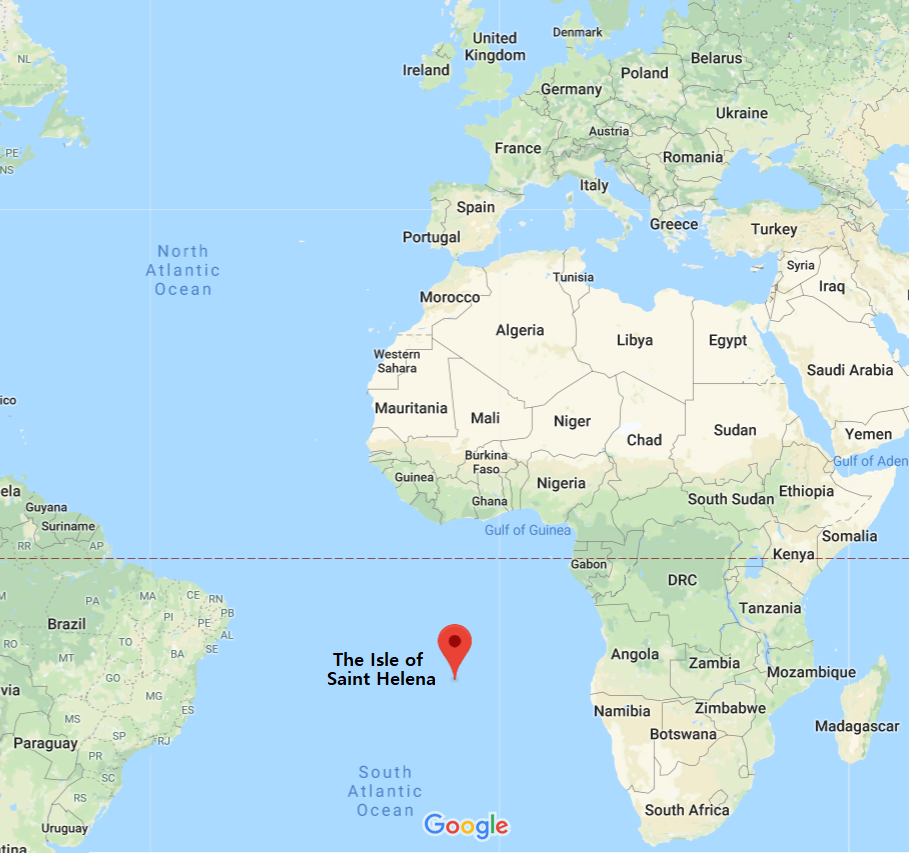Lee–Jackson Day in Virginia.
No doubt many are unaware of the Lee–Jackson Day holiday. The two sons of Virginia, Robert E. Lee and Thomas “Stonewall” Jackson, have birthdays about this time (Jan. 19 and Jan. 21, respectively), a coincidence which gave rise, a long time ago, to the holiday in Virginia. It remains in effect today, even if backed by no enormous media machine.

As for Stonewall Jackson, I can think of no better way to commemorate him than Stonewall Jackson’s Way, which is a song (below), but more a musical portrait.
It is a great piece of art in that it is an effective portrait of the general, his men, and the campaigning that brought fame and renown to both.
The song “Stonewall Jackson’s Way” was originally written in 1862 and appearing in poem form but also quickly becoming a hit song. The song’s composer was unknown for years. Testament to how alluring was the legend of Stonewall Jackson, by 1862, is the fact that an northern admirer had actually written the poem/song, a fact only finally revealed in the 1880s.
The version recorded by Bobby Horton in the 1980s is good (below); Horton rightly deserves his fame as a Civil War music interpreter/popularizer.
“Stonewall Jackson’s Way” Lyrics, as sung by Bobby Horton (below, a few more comments below on the figure of Jackson, and on my feelings on Lee–Jackson Day):
Continue reading “Post-380: Stonewall Jackson’s Way”


